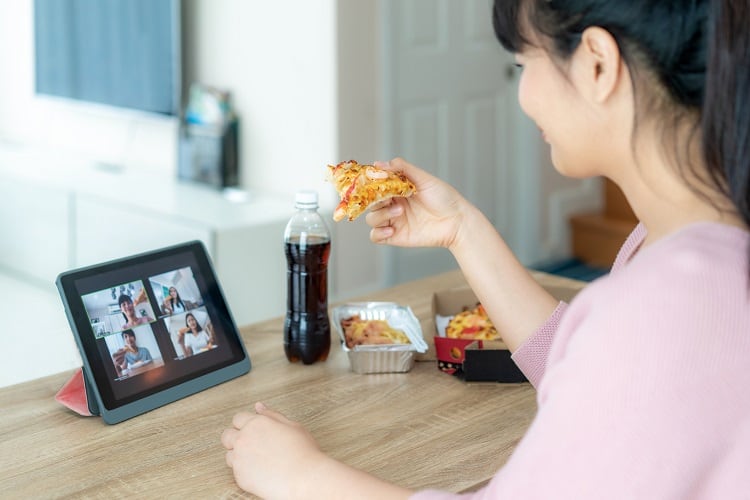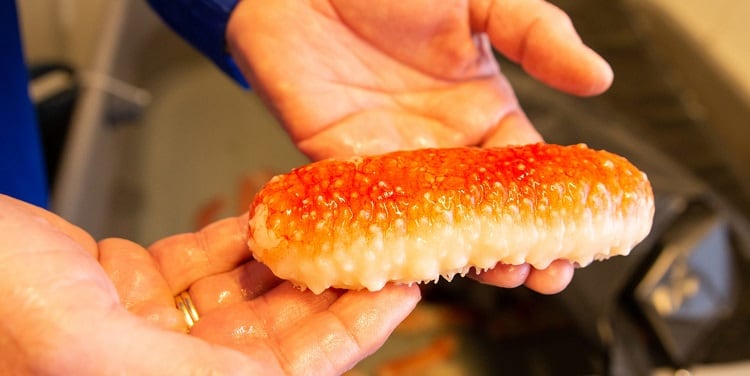MMR said the COVID-19 epidemic has put mental health in the spotlight with a high prevalence of stress, anxiety and sleep issues among consumers.
It noted a recent 15-country report by Accenture which indicates that current concerns about health have been compounded by concerns about personal finances – with 90% of people worried about the economy.
Data captured by MMR in the last week of May 2020 highlights the extent to which people are now prepared to purchase food and beverages with benefits to deal with sleep, anxiety and mental focus issues.
Dietary products that can improve sleep now have as much traction as those that support immune health, it said. It added that dietary products positioned in anxiety and mental focus spaces also show real potential.
In recent years, it said, there has been an outbreak of products seeking to help people ‘chill’, ‘focus’ or sleep. Recent investigations by MMR’s sensory science teams have concluded that many are failing to do enough to create wholly convincing brand experiences.
Commenting on these findings, Andrew Wardlaw, MMR’s Chief Ideas Officer said: “This pandemic has clearly accelerated traction for the next era of functional foods. People are now prepared to trial dietary solutions to mental health issues – something that would have been inconceivable in years gone past.”
“It appears that people’s notion of wellbeing has thoroughly embraced their mental and emotional health, and we think there are clear blue waters to innovate in what will arguably be a recession proof sector of consumption.”
“With some products failing to reinforce the benefit through the tangible experience of pack and product, innovation will need to work extra hard to build credibility with consumers, unlocking sensory cues that help people believe.”
“We believe that consumer research alone will not be enough to create winning products. Manufacturers will need to tap into professional sensory expertise to land promises with conviction.”
MMR noted there were ‘credible’ ingredients available to manufacturers with strong links to traditional herbal remedies. In recent times, for example, ingredients classed as adaptogens and nootropics have been adopted by start-ups and some bigger players and marketed as helping the body resist stress – physical, chemical or biological. Most ingredients are rooted in Chinese or ayurvedic healing solutions. Examples include holy basil, ashwagandha and rhodiola.
Wardlaw said these ingredients could be set to enjoy more mainstream appeal. “Mega categories such as snacking, adult soft drinks and even dairy must now think about how they support people’s wellness goals – which have shifted in 2020 like no one could have imagined.”





